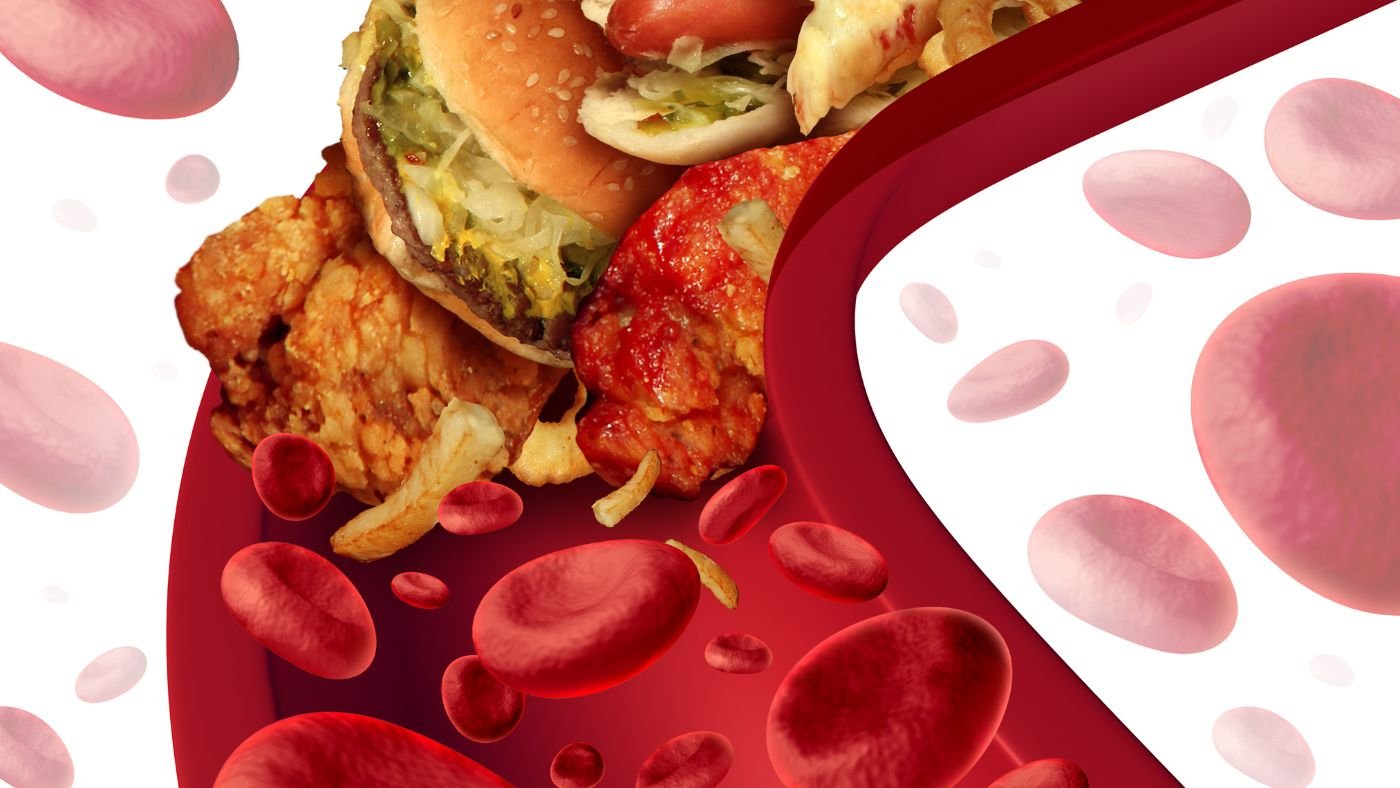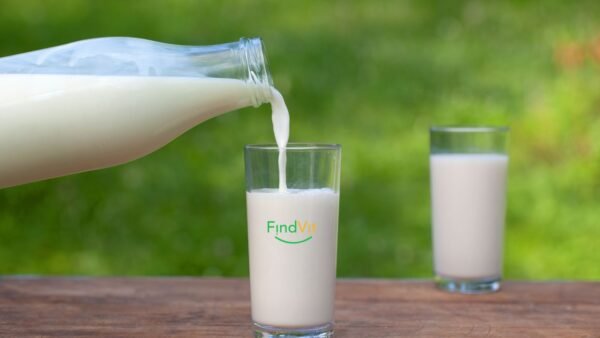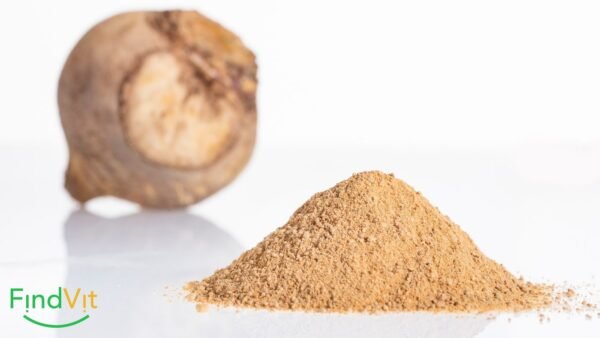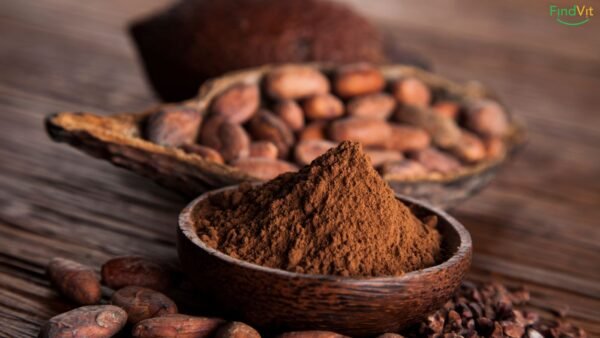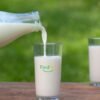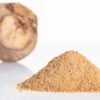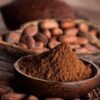Everyone has good (HDL) and bad (LDL) cholesterol. These fatty substances are naturally produced in the body, but can also be obtained from the foods we eat.
A certain amount of bad (LDL) cholesterol is good, but too much can increase your chances of getting disease.
We provide information on the types of cholesterol, why cholesterol can be harmful, what the ideal LDL cholesterol ranges are, and how to lower cholesterol naturally or with medication.

What is LDL cholesterol?
Low-density lipoprotein (LDL) is a fatty, wax-like substance found throughout the body. The liver naturally produces cholesterol to help transfer proteins through the blood to all your tissues.
However, cholesterol can also be found in food. Too much of certain types of cholesterol can affect your health.
LDL cholesterol is commonly referred to as "bad cholesterol". It consists of a combination of fat and protein that can easily accumulate in blood vessels.
If too much cholesterol builds up in the blood vessels, it can make it difficult for blood to pass through the blood vessels to different parts of the body. Narrowed blood vessels due to cholesterol can make the heart work harder to pump blood.
Dangerous "plaques" can also form in blood vessels. If pieces of these "plates" break off, they can cause problems such as heart attack or stroke.
Is there good cholesterol and bad cholesterol?
There are two types: high-density lipoprotein (HDL) and low-density lipoprotein (LDL). Generally, HDL is considered the "good" cholesterol and LDL the "bad" cholesterol. This is because HDL transports cholesterol to the liver, where it can be removed from the bloodstream before it builds up in the arteries.
LDL, on the other hand, carries cholesterol directly to your arteries. This can lead to atherosclerosis, a build-up of plaque that can even lead to heart attack and stroke.
Triglycerides form the third component of cholesterol and act as unused calories that are stored as fat in the blood. Eating more calories than you burn can cause triglycerides to build up in your blood, increasing your risk of heart attacks.
How to lower LDL cholesterol?

Many things can affect LDL cholesterol levels. Contributors to higher LDL levels include:
- eating foods high in cholesterol, saturated fat, and trans fat
- inactivity or low levels of exercise
- obesity or overweight
- smoking
- older age
- family medical history (aka genetics)
- certain medications
- race
- gender
Although it is difficult to control all of these risk factors, your doctor can make recommendations focusing on the factors that are most important now.
Healthy diet, exercise and weight loss are the most common recommendations for lowering cholesterol. It is usually recommended first if cholesterol levels are elevated or trending upward.
LDL levels that are considered high or very high are treated with medication. Often, a doctor may recommend a combination of medication, diet, and exercise changes for someone with high LDL.
A medical goal for cholesterol levels may be to lower LDL levels by about 50%, especially in people at increased risk of cardiovascular disease associated with high cholesterol.
Some people may also be prescribed omega-3 fatty acid ethyl esters. However, they are usually used in people with high triglycerides and can actually increase LDL levels.
It can take about 3-6 months for your LDL cholesterol to decrease just by making changes in your daily diet and exercise. Medicines usually work faster, although this depends on the type of medicine and whether it is also combined with recommended lifestyle changes.
What is the best level of LDL cholesterol?
According to clinical guidelines, most people should keep their LDL cholesterol below 100 mg/dL1
Doctors recommend an LDL level of less than 70 mg/dL to prevent long-term health problems, especially for people with conditions like diabetes.
However, there is no uniform rule. A healthcare professional can make recommendations based on individual health and cardiovascular risk factors.
LDL cholesterol levels
The LDL test measures your LDL cholesterol. Many doctors rank the levels as follows:Ideal: less than 100 mg/dL
Near optimal/above optimal: 100-129 mg/dL
Threshold: 130-159 mg/dL
High: 160-189 mg/dL
Very high: 190 mg/dL and above
Depending on your test results, your doctor may suggest any diet, lifestyle changes, or medications, if needed.

How is cholesterol measured?
Cholesterol is assessed by taking a blood sample in a laboratory or medical facility.
Cholesterol test can be done fasting or after eating. If your doctor asks you to do the test on an empty stomach, you will need to avoid eating or drinking anything other than water for about 12 hours before the test.
The first cholesterol test can be done between the ages of 9 and 11. If there are relatives in the family with high cholesterol or heart disease, younger children can also be tested.
Tests are recommended every 5 years from the first examination. Cholesterol screening should be increased every 1-2 years for men over 45 and women over 55.
FAQ
What is the ideal level of LDL cholesterol?
For most people, the ideal LDL cholesterol level is less than 100 mg/dL.
Is there an LDL limit for people with diabetes?
People with diabetes and other conditions that can increase the risk of cardiovascular disease should aim to keep their LDL cholesterol below 70 mg/dL.
How quickly can LDL levels be lowered?
This can take about 2 months with medication or even 6 months with lifestyle changes. Contact your doctor to discuss the best treatment options for your individual health and LDL levels.
It's important
LDL cholesterol is a type of cholesterol that is considered "bad" because it can clog arteries and cause "plaques" to form. Having high LDL cholesterol can increase your risk of stroke, heart attack, and other cardiovascular diseases.
Most people are recommended to keep their cholesterol below 100 mg/dL, which can be achieved with a balanced diet and exercise. If you have conditions that can increase your risk of cardiovascular disease, experts recommend keeping your LDL below 70 mg/dL.
It is important to rememberthat everyone's health is individual and there is no common recipe for everyone!
So, if you want to know what nutrients your body might be lacking right now, health professionals recommend a guide – "Your Day".
- In time, pay attention to the signals sent by your well-being
- Replenish the body with natural minerals, vitamins and nutrients necessary for health.
- Enjoy energy and good mood everyday!
